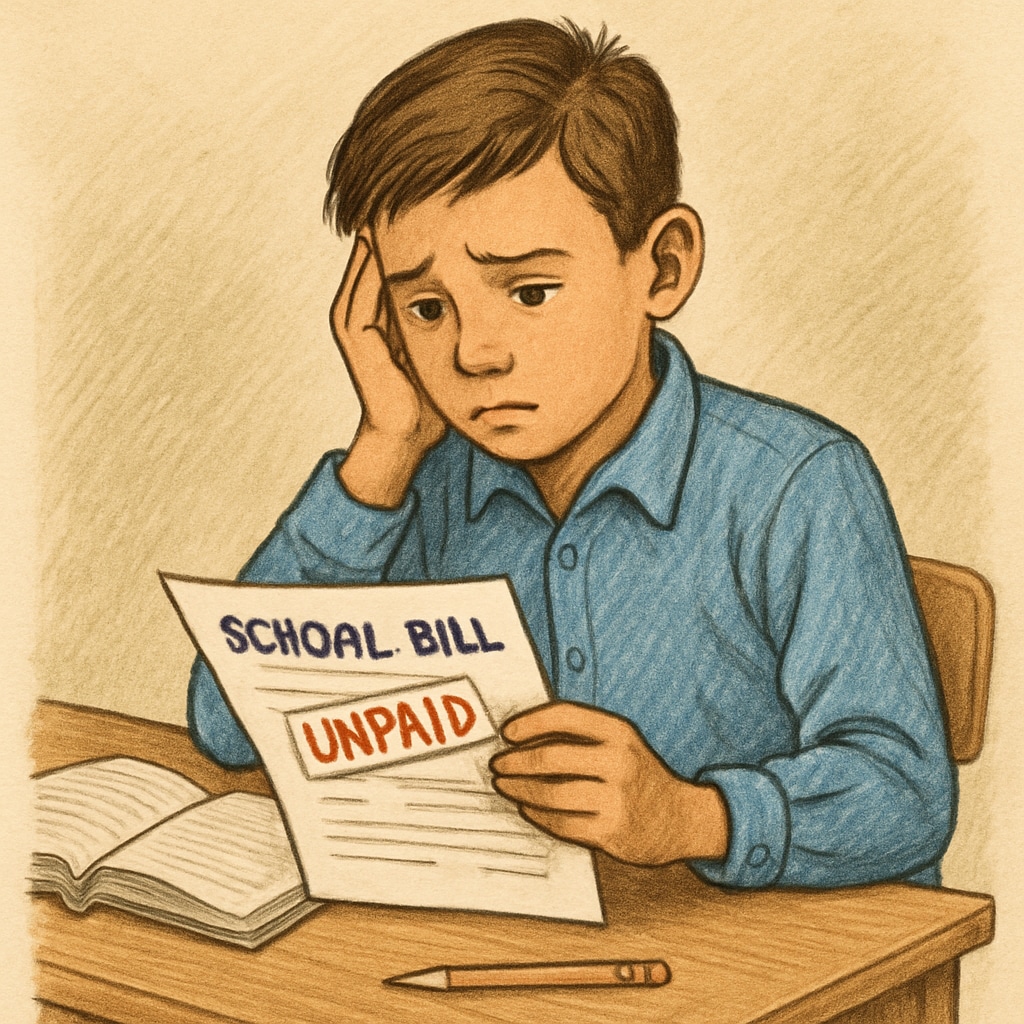Access to academic transcripts is essential for students pursuing higher education, applying for jobs, or sitting for professional licensure exams. However, many students face a significant challenge when they have unpaid debts to their schools. These financial obligations can lead to transcript withholding, creating barriers to their future opportunities. This article sheds light on the issue of unpaid debts and transcript accessibility, its impact on K12 students, and potential solutions to balance financial accountability and educational equity.
The Consequences of Withholding Academic Transcripts
For many schools, withholding academic transcripts is a standard practice to encourage students and families to resolve outstanding financial obligations. These debts can include unpaid lunch fees, textbook costs, or other school-related expenses. While this policy serves as a financial safeguard for institutions, it disproportionately affects students from low-income families.
Without access to their transcripts, students face numerous challenges:
- Higher Education: Many colleges require official transcripts during the admissions process. Students unable to provide these documents may lose their chance to enroll.
- Employment: Certain jobs and internships require proof of educational achievement, which is often verified through transcripts.
- Professional Licensure Exams: Fields like nursing, teaching, and engineering often mandate transcripts to qualify for certifications or exams.
As a result, unpaid debts can create a cycle where students are unable to move forward academically or professionally, perpetuating financial instability.

Legal and Ethical Considerations
The practice of withholding academic transcripts due to unpaid debts raises several legal and ethical questions. In some regions, laws have been introduced to prohibit this practice, particularly at the K12 level, recognizing that education is a basic right. For example, California has implemented legislation to prevent schools from denying transcripts to students with unpaid fees.
From an ethical standpoint, the policy disproportionately impacts marginalized communities. Students from low-income families may be unable to settle their debts promptly, leaving them trapped in a system that prioritizes financial recovery over educational access.
Advocacy organizations argue that alternative methods of debt recovery should be explored, such as:
- Setting up repayment plans tailored to families’ financial situations.
- Partnering with nonprofits to assist in resolving school-related debts.
- Raising awareness of financial assistance programs for struggling families.

Finding a Balance: Practical Solutions
To address this issue, schools, policymakers, and communities must collaborate to develop equitable solutions. Here are some strategies:
- Transparent Policies: Schools should clearly communicate their debt collection policies, ensuring parents and students are aware of the consequences and available assistance.
- Debt Forgiveness Programs: Establishing programs to forgive small debts or waiving fees for families with proven financial hardship can reduce the burden on vulnerable students.
- Alternative Payment Options: Allowing families to pay off debts in installments or through community service could help ease financial pressure.
- Legislative Action: Governments can introduce regulations to prevent transcript withholding, particularly for K12 students, to protect their right to education.
These solutions aim to balance the financial needs of schools with the fundamental rights of students to access education and future opportunities. By taking a compassionate yet practical approach, communities can ensure no student is left behind due to financial constraints.
Conclusion: Prioritizing Education Over Debt
The issue of unpaid debts and transcript withholding highlights the need for a fair and balanced approach to education and financial management. While schools must manage their budgets, denying students access to their academic records can have far-reaching consequences for their futures. By implementing transparent policies, offering flexible repayment options, and advocating for legislative changes, we can create an educational system that prioritizes equity and opportunity over financial barriers.
Ultimately, ensuring that all students have access to their academic transcripts, regardless of their financial circumstances, is a step toward a more inclusive and equitable education system.
Readability guidance: This article uses short paragraphs, clear subheadings, and a mix of bullet points and numbered lists to enhance readability. Transition words are incorporated to maintain a logical flow, and passive voice usage is minimized.


